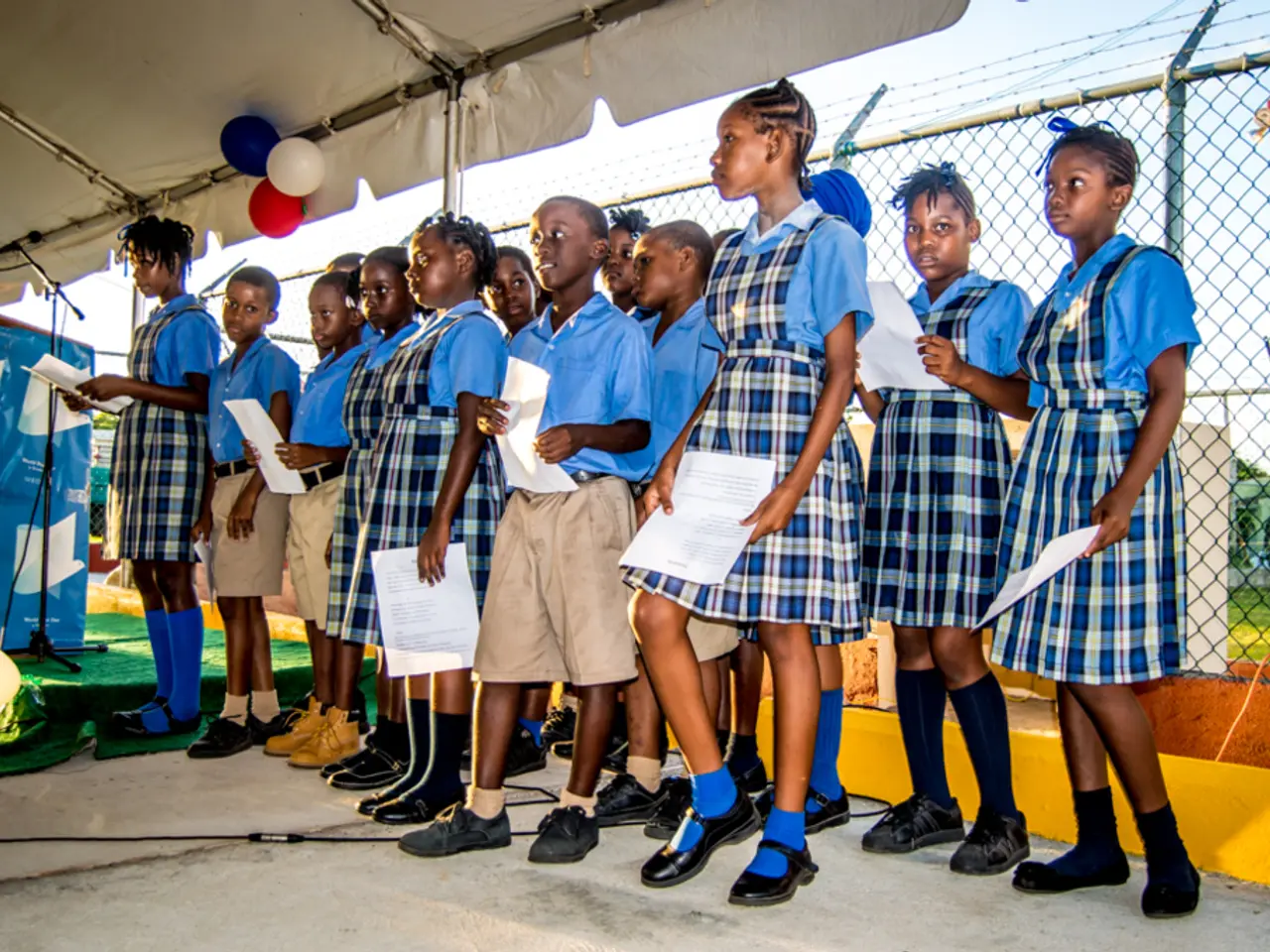Mississippi Explores Expanding Education Scholarship Accounts to Boost School Competition
A committee is exploring ways to expand Mississippi's Education Scholarship Account (ESA) program, which could significantly alter the state's education landscape. National school-choice advocate Erika Donalds believes giving families more control over public education funds would boost competition among schools.
Donalds argues that the current system limits options for families who can't afford private tuition or relocate to better districts. Proponents want to widen ESA eligibility, but opponents warn this could destabilize low-wealth districts. Kim Wiley, an education policy analyst, fears expanded eligibility could be 'disastrous' for Mississippi's public schools, particularly rural districts.
The committee, formed by House Speaker Jason White, is considering whether to make ESA eligibility universal or targeted, and what accountability standards should apply to non-public schools receiving state funds. Wiley raised concerns about quality and oversight issues in private schools that could benefit from expanded ESAs. He urged lawmakers to consider 'hold harmless' transition measures to protect districts from sudden enrollment and revenue reductions if ESA expansion occurs.
The committee plans further hearings this fall and will present recommendations ahead of the 2026 legislative session. While the proposal aims to empower families, stakeholders must address potential impacts on public schools and ensure accountability in the use of state funds.




